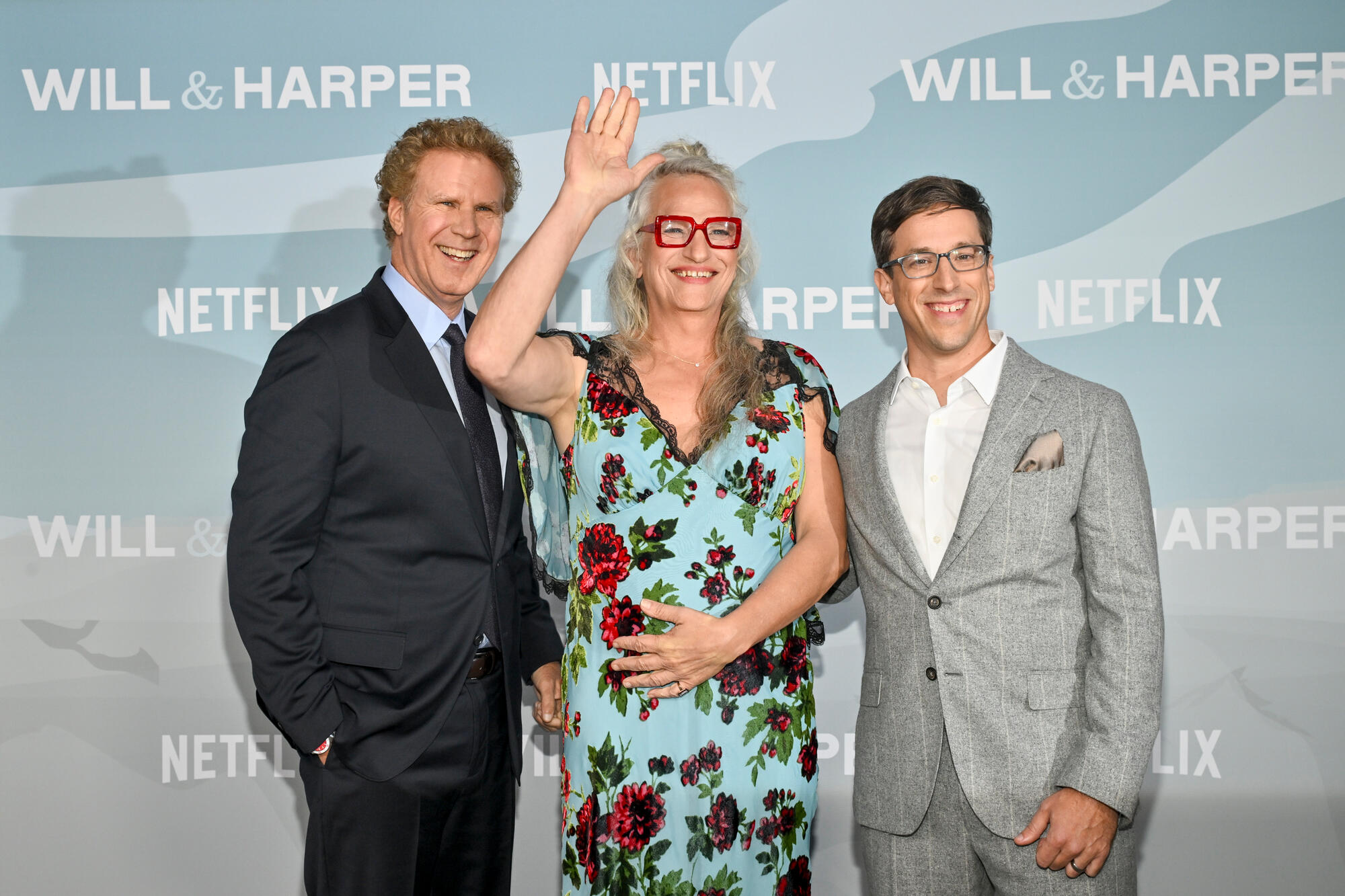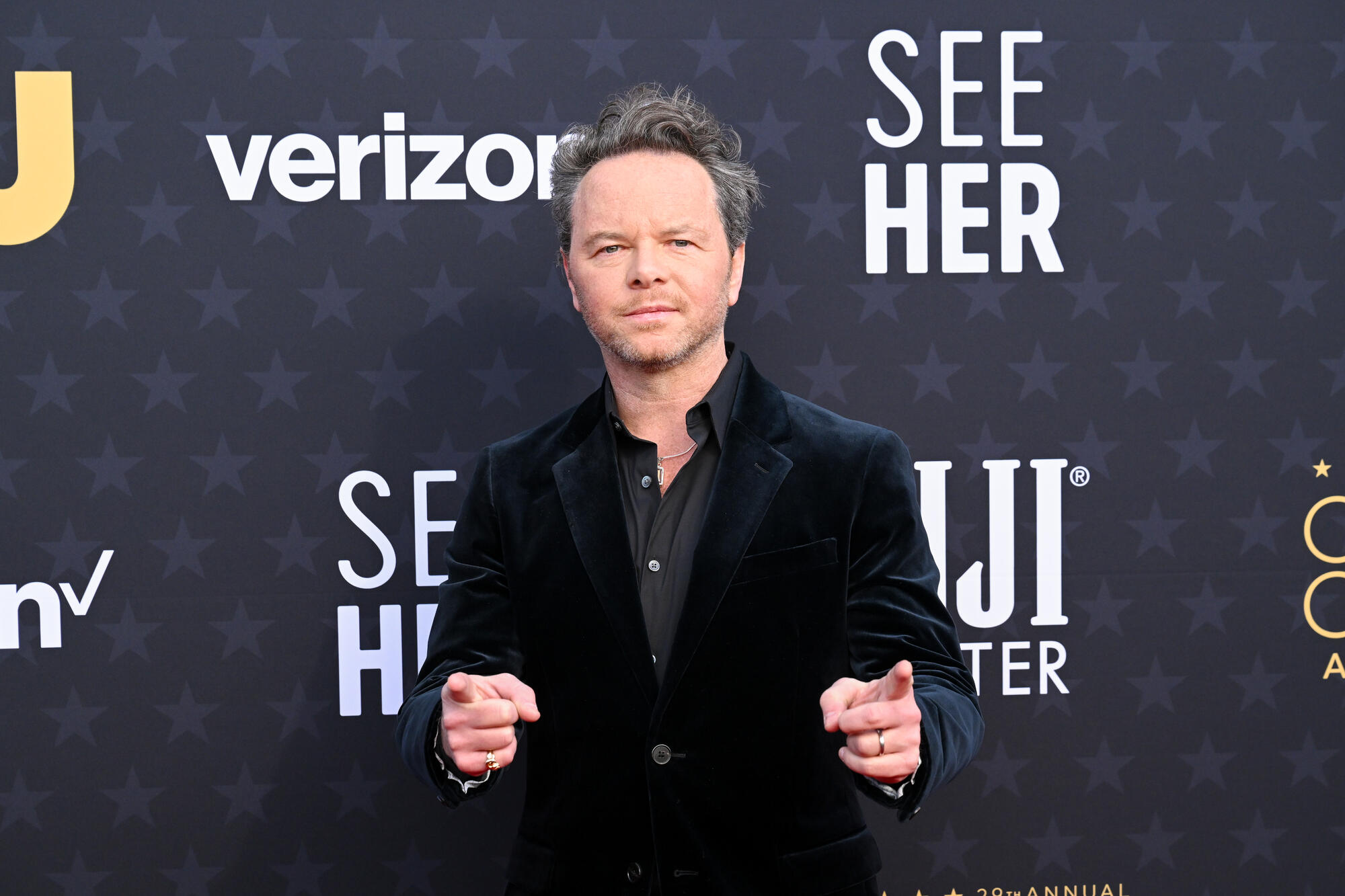“Pee-wee as Himself” offers a refreshing contrast to celebrity documentaries shaped by estate-approved image control. Director Matt Wolf approached the film as a gay man profoundly influenced by “Pee-wee’s Playhouse” and its message of non-conformity — and as someone eager to unpack the complexity of Paul Reubens, a brilliant artist who re-entered the closet and disappeared behind his iconic persona to thrive in Hollywood.
However, Wolf didn’t expect the project to nearly break him. It changed him personally and professionally — but it also earned five Emmy nominations, including Best Director. On this week’s Filmmaker Toolkit Podcast, he reflected on the toll of making a film about his idol.
Wolf’s introduction to Reubens came through Josh and Benny Safdie, who would later come aboard as producers.
“Paul had met with other directors whom he either didn’t connect with artistically or who were not open to his level of involvement,” Wolf said. “And I think I had a cocky attitude, ‘I’m good with complicated people.’ And I am, but this was on a different level. The amount of control that Paul wanted to have, maybe I didn’t fully understand, or take seriously. I figured once we got up and running, he would trust me to do what I do.”
Reubens and Wolf had long, personal conversations. Both were gay Jewish creatives with supportive families and uncompromising visions, and Wolf hoped their connection would build trust. He also believed Reubens appreciated that he wasn’t focused on the 1991 arrest or the later, discredited child pornography charge — which Wolf saw as a homophobic witch hunt.
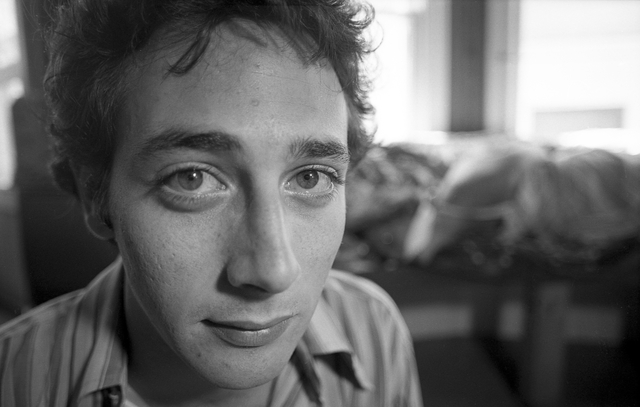
To uncover the artist behind his Pee-wee alter-ego, Reubens’ 1,000-hour personal archive was key — but while Reubens indicted he was ready, he struggled to let go.
“I was dealing with somebody who had enormous issues with control,” said Wolf. “I think he would say that about himself at the time. But so do a lot of artists. The difference with Paul was that he had lost control of his personal narrative in the media.”
The public first saw the man behind Pee-wee in what Reubens called his “Charlie Manson” mug shot — goatee, long hair, vacant stare – when he was arrested at a Sarasota, Florida porn theater in 1991. It was an image that would change his life forever. Privately, he let Wolf in, but getting him on camera took time. When he finally agreed, his need for control was obvious.
“There was a real power struggle that had been brewing and that was playing out on camera,” said Wolf. “I pretty quickly realized that this is part of who this person is, and he’s putting it on full display in front of the camera.”
Reubens was especially complex: an openly gay CalArts artist who re-entered the closet, gave up love, and found fame and artistic independence as a character preaching non-conformity. It was a story of someone who exerted the ultimate control over his image, and then experienced its complete loss at the hands of the tabloids.
Trying to unravel that on-camera led to real breakthroughs, but the camera also captured how quickly Reubens could be triggered to mistrust the documentary process without being the one directing it. Wolf had no interest in being a character in his own film, but the subject-director dichotomy that was playing out on camera would become key to understanding Reubens’ complexities.
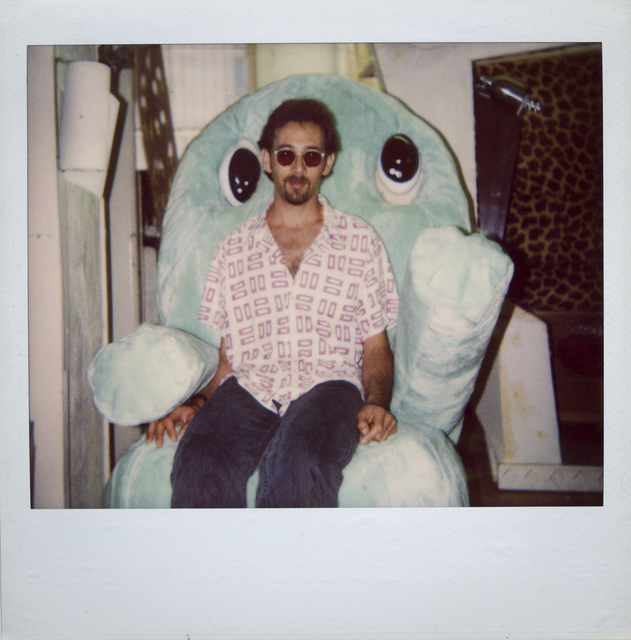
Wolf would make concessions, including letting the Pee-wee creator, who once obsessed about his “Playhouse” sets, guide the documentary’s production design for interviews.
“I was also transparent that there is no script,” he said. “I would be constructing that story in post-production. That was informative and alarming to Paul because he wanted to be in the edit room every day, and there’s no way I could do what I do in that manner.”
On the podcast, Wolf described a major fight over the director maintaining final cut. “I remember walking with him after we had this fight, and he [said], ‘We’re scared of the same thing. You want to control the film you’re making and I want control over my life.‘”
Wolf had always planned to divide his interviews with Reubens into three chronological blocks, separated by editing breaks. The second block covered Reubens’ life up through the end of “Pee-wee’s Playhouse.” It was immediately after wrapping his children’s show in 1991 that Reubens visited his parents in Florida, during which his infamous arrest took place. Both director and subject were well aware that the impact of that event would be inescapable in the third and final block of interviews, which never took place. After the second block of interviews was completed, Wolf and editor Damian Rodriguez cut the first 45 minutes of the documentary and screened it for Reubens, hoping to finalize the deal.
“We had a basic agreement, but negotiating an involved and long-form contract with the subject before you begin can be a toxic process. It can really freak people out,” Wolf said. “It is a dance of making people feel comfortable, but also protecting yourself while making a film. And we rode that line hard. So we were still in the process of closing a deal with Paul as we were filming. And it had been established that I would have final cut and he would have meaningful consultation, but the nitty gritty of that was not yet resolved.”
Reubens left the screening multiple times, struggling to gather his thoughts. Then, he disappeared. He stopped responding to Wolf, refused to sign the agreement, and wouldn’t book the final interviews. HBO and the production assumed the film was dead. The post team was laid off, and all work ceased.
“It was horrible. It was horrible for him too, I’m sure,” said Wolf. “It was just so devastating, mostly because everybody knew how good the material was and what a good film we had on our hands… I kept telling him this film would reintroduce him to a modern audience, would let him set the record straight after years of malicious and unfair portrayals… It just felt so devastating that people might not see it. And so dumb. Like, ’Why can’t we find a path and make this work? Do not self-sabotage. This film is going to reappraise your legacy.’”
At the time, Wolf had just turned 40. Having his biggest and most expensive project fall apart this late in the process was a threat to his career. His personal life suffered; fights with his partner of two decades became frequent.
“It changed me as a human,” he said. “I will never make a film the same way again. And I worry in some ways that somehow I’ll believe that great struggle leads to the best art because I don’t think that has to be true.”
Then, after almost a year of no communication with Wolf, Reubens shocked everyone by signing the deal. His attorneys asked how quickly the third interview block could begin.
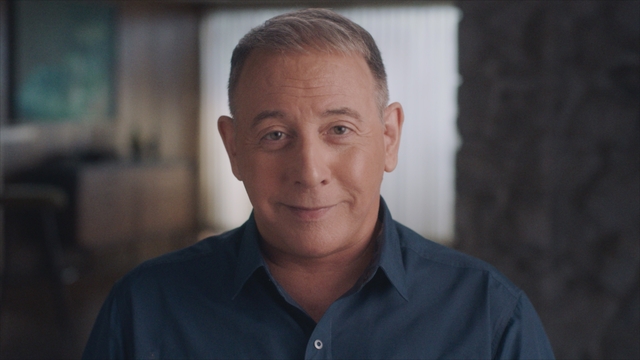
“I had a conversation with [Reubens] and his voice sounded weird,” said Wolf, describing their first — and last — conversation in a year. “He said some intense things that to me indicated that he may be contemplating his mortality, that maybe [he] had a health diagnosis… he wasn’t specific, but he did say, ‘I’m not going be able to be as involved as I had hoped, and I’m sorry that I’ve been so emotional the past few years.’ And I said, ‘I’m sorry if I did things that upset you.’ And he said, ‘You didn’t do anything wrong,’ and then, ’I trust you.’”
Just as he prepared to fly to LA and resume filming, the next shock came.
“I had no knowledge that he had ever had health-related issues, and I get a text from my executive at HBO with a screenshot from Instagram saying that Paul’s dead,” said Wolf. “And then I got a call from Paul’s publicist and longtime friend Kelly Bush Novak. She encouraged Paul to record a final message for the documentary. She learned that he had not had an opportunity to address his arrests, and it was important for him to address that — and he did, the day before he died. Kelly recorded it.”
After hearing the final audio, Wolf began putting the pieces together. “I knew immediately what happened here was part of the story of this film,” he said. “And I went to work the next day.”
Seven months after the Emmy-nominated “Pee-wee as Himself” premiered at Sundance, Wolf said he would never make another documentary the same way again. He also couldn’t imagine having made this one any other way.
“I’m trying to fully absorb the intensity to which people are reacting to this film emotionally. I knew I felt that way [making it],” said Wolf. “But I also feel that there’s nothing to be done differently. He was an intense person. We had an intense relationship. What happened to him during his lifetime was intense. The way he died was intense. It’s intensity after intensity, and brilliance and genius on full display — and so my job was to make that come across so that you could experience it.”
“Pee-wee as Himself” is nominated for Outstanding Documentary or Nonfiction Special, and Outstanding Directing, Picture Editing, Sound Editing, and Sound Mixing for a Documentary/Nonfiction Program.
To hear Matt Wolf‘s full interview, subscribe to the Filmmaker Toolkit podcast on Apple, Spotify, or your favorite podcast platform. To watch the full interview, subscribe to IndieWire’s YouTube page.

